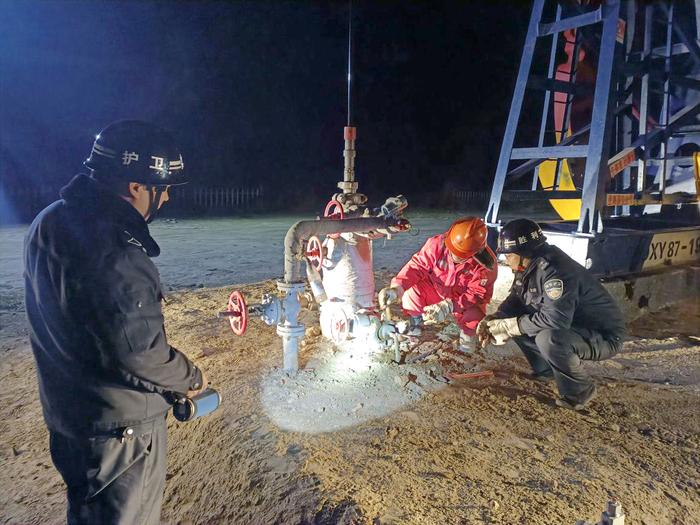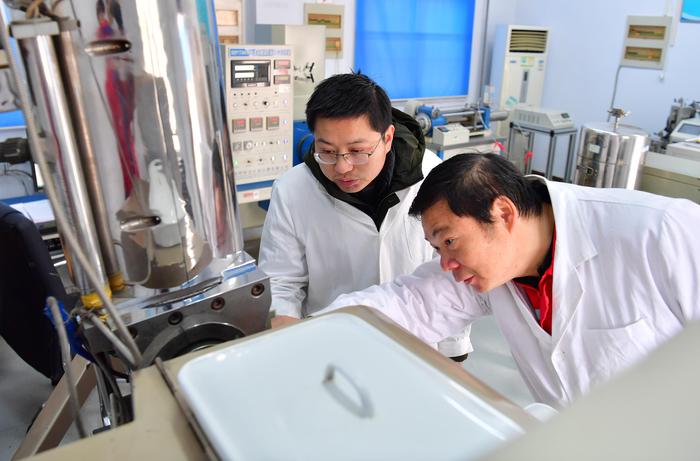|
| 2021-01-14 来源: 中国石化新闻网 |
| 石化新闻 |
中国石化新闻网讯 据今日油价1月11日报道,由于2021年的石油前景的不确定性,在动荡的2020年之后,企业期待创新技术来推动行业向前发展。从休斯顿到苏格兰,我们看到越来越多的公司提出了石油数字化转型的创新解决方案,一些意想不到的公司参与了3.3万亿美元的全球能源行业。 2020年石油行业有成千上万的人失业,很明显,未来十年,能源公司必须接受变革,使石油战略现代化。虽然受到了新冠肺炎疫情的冲击,但休斯顿已经逐渐将自己打造成一个科技中心。 要知道,建立已久的石油工业,不常面对巨大的变化,现在,该行业正在慢慢地转向数字化的理念,引进新技术,寻找任何能让其突破常规走向新未来途径。 在安永(Ernst&Young)2020年的油气数字化转型和劳动力调查中,约92%的受访公司强调,需要根据当前形势所预期的未来调整其做法。这一变化很大程度上涉及到行业的数字化转型。51%的公司计划适度投资数字化技术,29%的公司计划大量投资数字化技术。根据民意调查,数字化技术投资的两个主要驱动力是疫情的影响和低油价。 在休斯顿,几家初创公司抓住机会,为石油巨头们提供创新的解决方案,而这些石油巨头们以前是不会给这些小公司机会和时间的。Tachyus是一家旨在优化能源生产的科技公司,2020年将许多员工从硅谷调到了休斯顿。另一家GoExpedi公司的目标,是采购工业能源设备,使用数字库存系统跟踪和管理所有设备。数字服务和区块链网络也在美国各地兴起,这些都在支持能源部门的现代化。 休斯顿市一直通过孵化器和加速器项目以及圆桌会议来支持这些初创企业,以鼓励整个石油行业的更大创新。根据HTX的一份资金评估报告显示,休斯顿科技初创公司在2020年1月至7月期间筹集了4.66亿美元的资金,努力似乎得到了回报。 同样,在苏格兰,开创石油分析技术先河的RAB Microfluidics公司获得了124万英镑(168万美元)的资金,预计该公司的员工人数将增加一倍,并进一步开发新技术。该公司的“芯片实验室”技术将使能源公司能够现场监测重型机械所用石油的状况,而无需将其转移到实验室进行分析。这家总部位于阿伯丁的公司是在阿伯丁大学物理科学学院的基础上发展起来的,它制造了一种22x15毫米的玻璃芯片,可以提供一个30x20厘米的便携式实验室,供现场使用。 这项技术不仅限用于石油,还将服务于天然气、航空航天、运输和制造业。RAB微流体公司首席执行官Rotimi Alabi解释,该公司提供了,比目前基于将油样送至实验室的方法快一千倍多、便宜十倍左右的石油分析服务,从而彻底改变了石油测试和分析服务。 尽管一些石油公司不得不大幅削减成本,以应对去年需求下降和油价下跌的问题,但许多石油公司对创新的省钱解决方案和新技术持开放态度,这些新技术将支持未来的石油生产、储存、监测和分析。 随着能源行业在2021年将继续面临不确定性,随着大型企业寻求现代化,专注于石油的科技公司似乎是绝佳的投资机会。数字化和创新技术的使用为石油工业节省了在当前动荡的条件下维持经营所需的重要资金。 王佳晶 摘译自 今日油价 原文如下: Can Tech Save The Oil Industry? As the outlook for oil is uncertain for 2021, following a turbulent 2020, companies look toward new technologies and innovation to drive the industry forward. From Houston to Scotland, we are seeing more and more firms come up with innovative solutions for the digital transformation of oil; with some unexpected companies getting involved in the $3.3 trillion global energy industry. As thousands lost their jobs across the oil industry in 2020, it became clear that energy companies had to embrace change, to modernize oil strategies continuing into the new decade. While several have suffered the impact of the Covid-19 pandemic, Houston has been gradually branding itself as a tech hub. The long-established oil industry, not often open to dramatic change, is slowly coming around to the idea of digitalization, the introduction of new technologies, and essentially anything that will bring it out of the 2020 rut into the future. In a 2020 Ernst & Young Oil and Gas Digital Transformation and the Workforce Survey, around 92 percent of companies polled highlighted the need to adapt their practices in line with modern expectations. Much of this change involves digitalization of the industry, with 51 percent of companies planning to invest moderately in digital technologies and 29 percent to invest a great deal. According to the poll, two of the principal drivers of this investment were the pandemic and low oil prices. In Houston, several start-ups have jumped at the chance to provide innovative solutions for oil majors who before would not have given them the time of day. Tachyus, a Silicon Valley startup that transferred many staff to Houston last year, is a tech company that aims to optimize energy production. Another firm, GoExpedi, aims to procure industrial energy equipment, using a digital inventory system to track and manage all equipment. Digital services and blockchain networks have also been cropping up across the U.S. in support of the modernization of the energy sector. The City of Houston has been supporting these startups through incubator and accelerator programs and roundtables to encourage greater innovation across the oil industry. And this effort seems to have paid off as Houston tech startups raised $466 million in funding between January and July 2020 according to a HTX Funding Review. Similarly, in Scotland, RAB-Microfluidics – a company that created pioneering oil analysis technology, has acquired £1.24 million ($1.68 million) in funding that expects the company to double its staff and further develop the new technology. Its ‘Lab-on-a-chip’ technology will allow energy companies to monitor the condition of oil used in heavy machinery on-site instead of needing to transfer it to a laboratory for analysis. The Aberdeen-based company, which was developed out of the Physical Science college at the University of Aberdeen, created a 22x15mm glass chip that can provide a 30x20cm portable laboratory for use on-site. The technology is not only limited to use in oil but will also serve the gas, aerospace, transport and manufacturing industries. RAB-Microfluidics CEO, Rotimi Alabi, explained how the company is revolutionizing oil testing and analysis services “by delivering oil analysis more than one thousand times faster and around ten times cheaper than the current approach that is based on sending oil samples to laboratories.”. While several oil companies have had to slash costs to tackle the decrease in demand and drop in oil prices over the last year, many are open to innovative money-saving solutions and new technologies that will support oil production, storage, monitoring, and analysis in the future. As the energy sector continues to face uncertainties going into 2021, it seems that tech companies with a focus on oil could be the perfect opportunity for investment as majors look to modernize. Digitalization and the use of innovative technologies is saving the oil industry vital funds needed to keep afloat under the current volatile conditions. |








